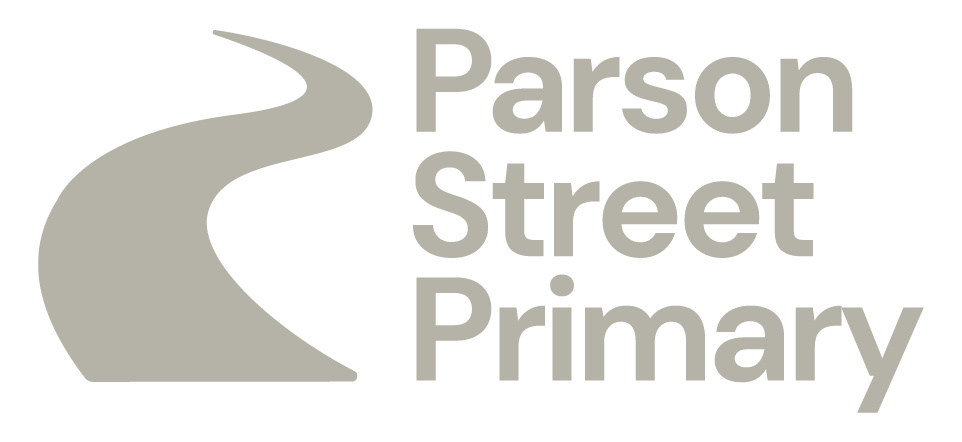What is Metacognition?
Simply put, metacognition is the ability to think about thinking. It is the knowledge and understanding of what we know and how we think, including the ability to regulate our thinking and reflect as we work on a task. Metacognition shapes children to become active rather than passive learners and gives them ownership, control and greater motivation over their own learning. Metacognition helps children to become aware of the learning process and how they learn and helps to promote thinking and deeper learning/ mastery skills.
Reflecting on our thoughts is a big part of understanding our feelings and learning new things. When children hit challenges — a hard maths test, an argument with a friend — it can be tempting for them to give up. But in order to thrive, children need to be able to go from “I can’t” to “How can I?” Metacognition can help.
How can we help our children to be more metacognitive?
The more your child is able to understand their learning process, the easier it will be for them to work out what strategies and support works best for them. Here are some simple questions that your child can use to help develop metacognitive strategies in each of these three stages:
Before a task (planning) – What is the goal of this task? Is this similar to a previous task? What do I want to achieve? What should I do first?
During the task (monitoring) – Am I on the right track? What can I do differently? What has gone well so far? How am I feeling about this task? Do I need to take a break and come back to this later? Who can I ask for help?
After a task (evaluating) – What worked well? What could I do differently next time? Did I reach the goal set at the start? Can I apply this to other situations?
Moving forward, the goal is for your child to start asking these questions of themselves. This mindset will help them navigate the many tasks they will come across in life. With practice, they will be able to plan, monitor and evaluate how they are getting on effectively, increasing the likelihood of success in reaching their goals.
Home learning at Parson Street
At Parson Street, we want to help children to ‘learn to learn’ at home: to establish routines and create environments that enable them to learn. We ask that children do the following, with a focus on working through strategies, systems, routines and environments that enable them to be successful in their learning.
Reading – Children should be aiming to read at home at least four times a week.
Spelling/Phonics – Children should practise spelling and phonics sounds they have learnt in school .
Timestables/Number facts – Children should rehearse and recall number facts and timestables they have learnt in school.

